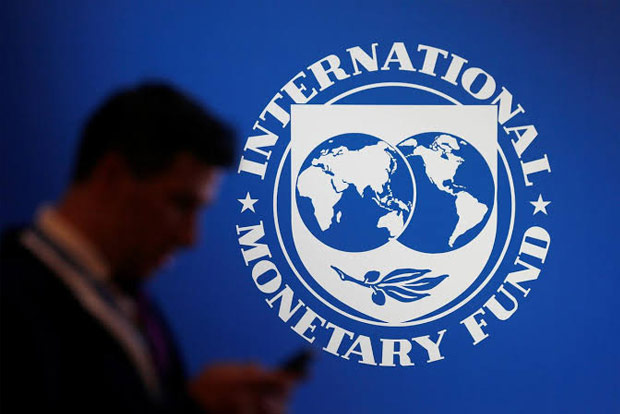The IMF Mission Chief for Pakistan, Nathan Porter, recently suggested that Pakistan’s current IMF program might be its last if the country fully implements the recommended economic reforms. In an interview with Voice of America, Porter highlighted Pakistan’s ongoing efforts to stabilize its economy and outlined key areas of improvement. He emphasized that if Pakistan commits to structural reforms, it could avoid the need for future IMF assistance, signaling a potential end to the cycle of dependency.
Pakistan’s Current IMF Program: A Possible Final Chapter
Nathan Porter stressed that Pakistan’s current IMF program, initiated after the approval of a $7 billion loan package, holds the potential to be the country’s last, provided it adopts stringent fiscal and monetary measures. Following Prime Minister Shehbaz Sharif’s declaration that this program should be the final one, the IMF Mission Chief echoed the sentiment. Porter commended Pakistan’s efforts in stabilizing its economy after mid-2023, citing the implementation of reforms in maintaining exchange rate stability and fostering private sector growth.
The Future Outlook
Porter outlined several crucial areas where Pakistan needs to focus to break its cycle of economic dependency. He emphasized the importance of tax reform, particularly targeting sectors like agriculture, retail, and property. Porter also pointed out that excessive government intervention has discouraged foreign investment and recommended reforms in public institutions and lowering power generation costs. He stressed that Pakistan’s commitment to these reforms would determine whether the country can sustain its economic recovery and avoid further IMF assistance. The IMF is expected to release a detailed report addressing these challenges in the near future.
Read more: State Bank Reserves Surge After Receiving $1bn IMF Tranche


























